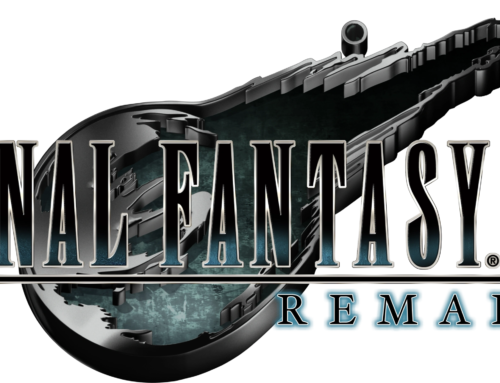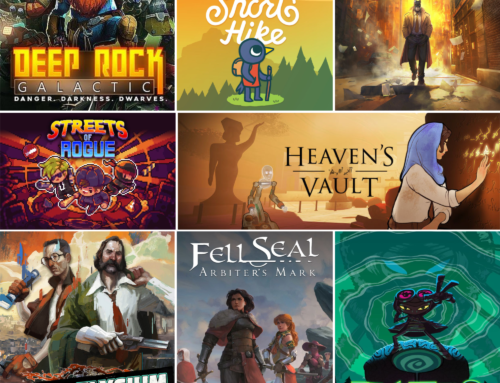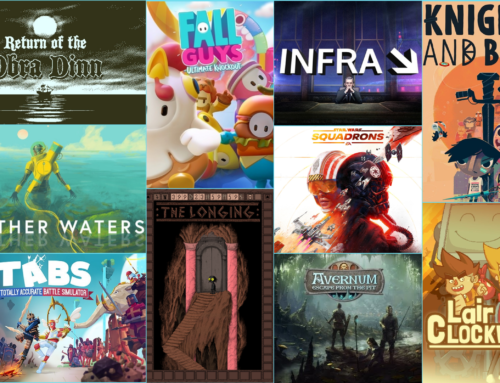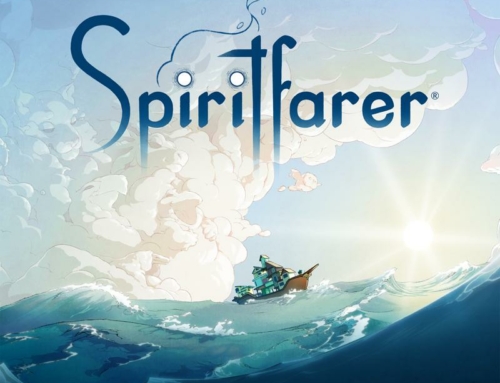Welcome to Game Club, where Joanna Price and myself exchange letters about a game we’ve jointly played. This time, we’re discussing Spiritfarer, a “cozy management game about death”. This is the fourth and final letter. To catch up, read Joanna’s first letter, my second letter, and Joanna’s third letter.
Hey Joanna,
As is often by the case, I’m struck by how well you get to the heart of the game’s issues. You really could be a professional games critic.
I think you’re right that Spiritfarer doesn’t really understand death as separate from regret, and I am 100% confident that all of the game’s writers *are* young. A few years ago I might not have fully understood your criticism, but I’ve spent the past couple of years watching my father rapidly succumb to Alzheimer’s. Nearly every day, I am beset with a sense of loss and feel the weight of his absence, and it has nothing to do with missed opportunities. When he first got the diagnosis, he wasn’t worried about his legacy, or things he hadn’t accomplished; he was worried about the process of un-becoming, of ceasing to be himself and becoming another person inhabiting his body, and of all the suffering that would arise from that, for him but also for the people around him. It’s true that most people (including me) would view that as a fate *worse* than death, but it’s just a difference of degrees; death is the ultimate un-becoming, and the translation from the sentient self to an inanimate object just happens a lot faster for people without dementia.
Your invocation of youth is interesting, because it’s not just Spiritfarer‘s writers who are young; it’s also the people reviewing it. Most people in games writing are in their 20s, and people over 40 are rare (because it’s an high-stress, low-paying job that seems to inevitably cause burnout). This probably explains why I haven’t seen this criticism anywhere else (though doesn’t explain why you, a young person yourself, have the insight to make it!).
I think you’re right that the game lacks a narrative core, and I think that is down to its structure. You call it a “a platformer with the platforming removed,” and I think that’s mostly true, but there are plenty of fleshed-out narrative games with minimalist mechanics. What do they have that this doesn’t? The answer, I think, is some larger connective tissue, something that binds the disparate threads and makes the game more than the sum of its parts. In Spiritfarer, there is almost no interaction – mechanically or narratively – between each character’s arc. And because you play a silent protagonist, the player character doesn’t bridge the stories in any meaningful way. At the end of the day, it’s a series of monologues by different characters, shuffling onto the stage, and then off this mortal coil. Some of the monologues are better than others – and I agree that a lot of them do stick the landing – but they don’t add up to something larger.
I think games are actually one of the best mediums to address death, precisely because death is so central; it’s the only medium in which the protagonist regularly dies, and where avoiding repeated, frequent death is a driving force. That said, I don’t think many games have taken this opportunity. Grim Fandango (1998) makes great use of the afterlife as a setting, but it uses it as a comedic launching board and dark parody of the land of the living, rather than as an existential conundrum. Passage (2005) tackles the existential aspects, yet it’s evocative rather than probing. Actual Sunlight (2013) is an accomplished exploration of suicide ideation, but that’s about the desire for escape, not the realities of death. And Death Stranding (2019) is really interested in the question of what happens when we die, and what the experience of death is, but attempts to answer that question with pie-in-the-sky ideas that are admirable for their imagination, but fail to connect to lived experience in the way that good philosophy does. If I had to guess, I’d say that most people seek to avoid thinking about death, because it’s terrifying, and so a commercial game that gazed into that abyss would be a hard sell.
That said, I’m sure there’s a good game somewhere on itch.io that tackles death well, and I’d love to find it.






Leave A Comment